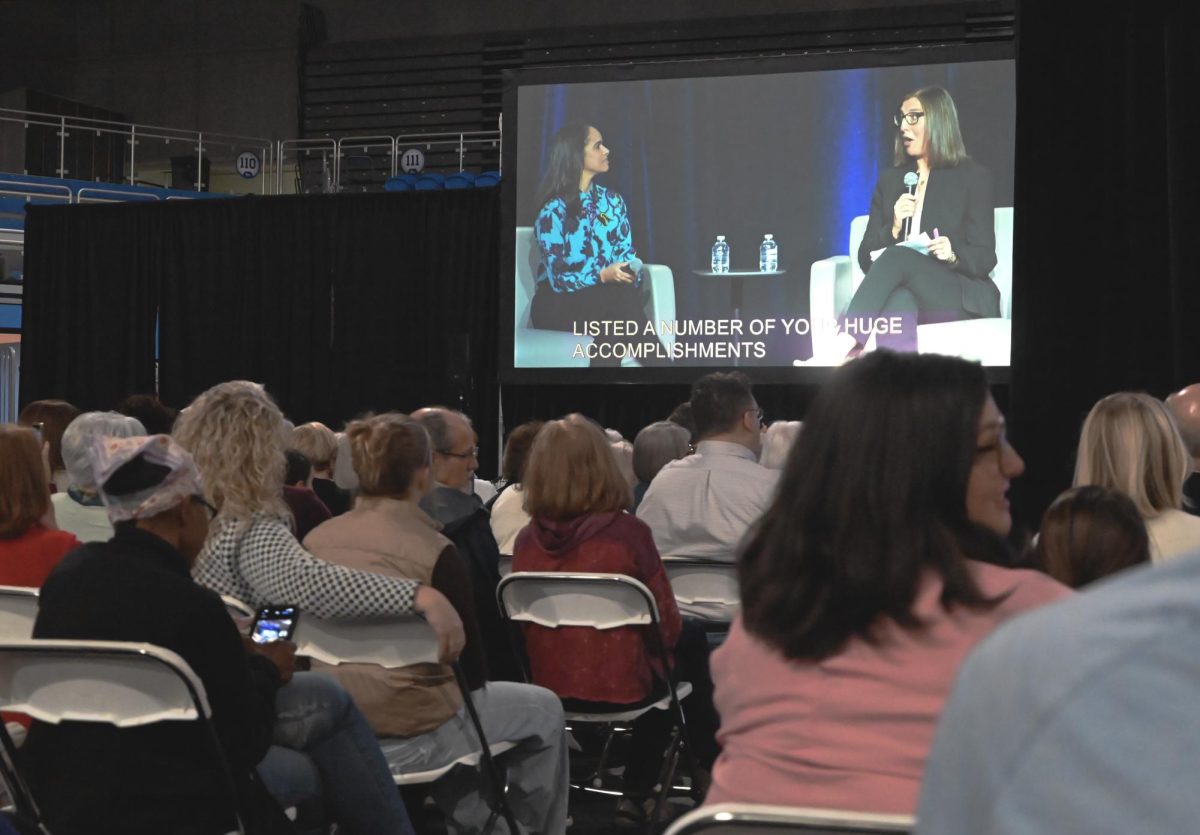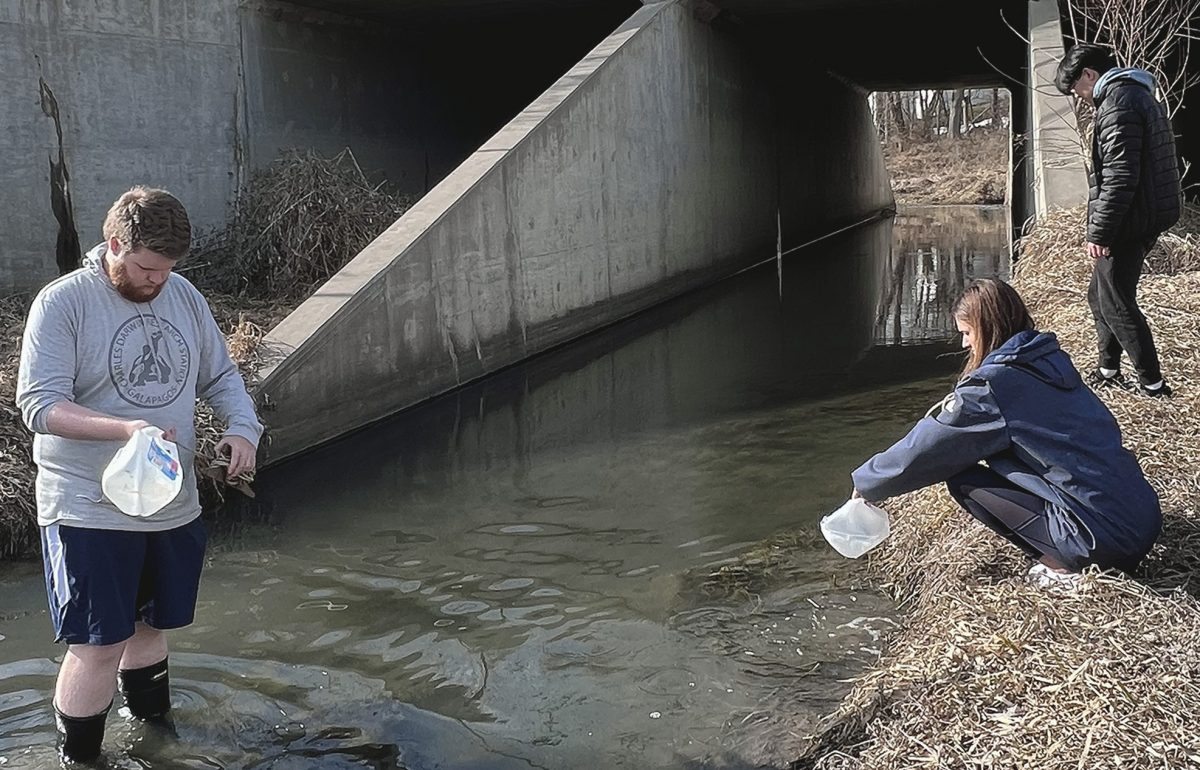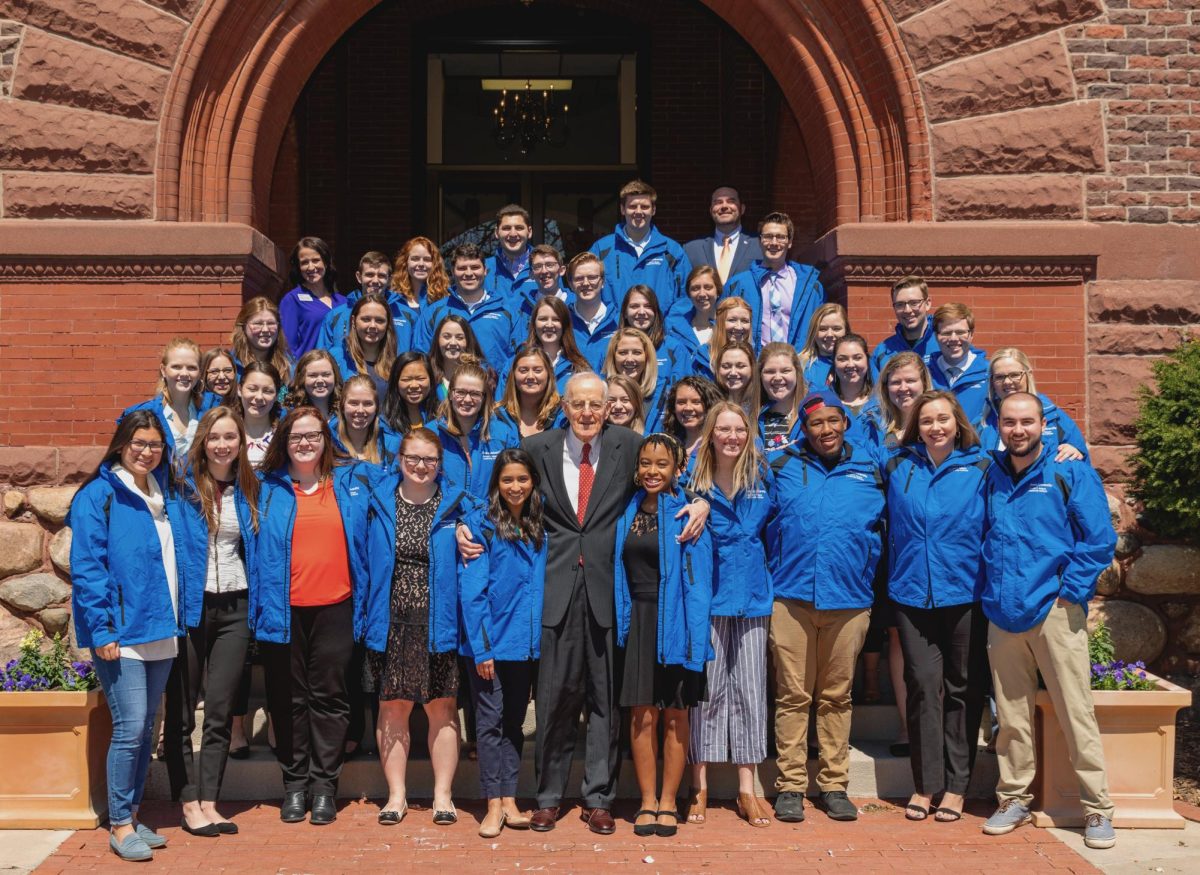Column by Tad Unruh
Unruh is a senior sociology and radio double major and can be reached at tad.unruh@drake.edu
 Negativity, malice and egregious scandal have hung over the sports world in the past three months like a never-ending thunderstorm, raining down news fodder one by one. If you’re a true pessimist then you could make the argument that it has been hovering since the breaking of the Ohio State scandal in spring 2011 followed by the disgusting truth at Penn State in only a few months later. But through the mud and muck of deceit, lies and performance enhancing drugs stories of the past three months, there lies one story that has equally baffled and changed the journalism profession as a whole.
Negativity, malice and egregious scandal have hung over the sports world in the past three months like a never-ending thunderstorm, raining down news fodder one by one. If you’re a true pessimist then you could make the argument that it has been hovering since the breaking of the Ohio State scandal in spring 2011 followed by the disgusting truth at Penn State in only a few months later. But through the mud and muck of deceit, lies and performance enhancing drugs stories of the past three months, there lies one story that has equally baffled and changed the journalism profession as a whole.
Manti Te’o’s Grandma and supposed girlfriend both died Sept. 12, 2012. His grandmother died of leukemia and his girlfriend of a car crash just six hours later. Emotional devastation descended upon Te’o’s personal life and his bereavement for both women soon became intertwined with his national identity.
This is a narrative that has been tied to sports and life since as long as I can remember. Yet it hasn’t been challenged. Not until Te’o. A family member passing has forever been marked as a source of undeniable grief and playing for them, or dedicating performances to their deceased loved ones’ memories, has long been standard practice for inspiration and rallying cries. These tragedies are never to be taken lightly. It is the death of another human being, a family member no less and someone who is still loved and remembered –— a loss that shakes an athlete to the core. These story lines often produce emotional and inspirational performances or displays such as former Green Bay Packers quarterback Brett Favre throwing for 311 yards and four touchdowns in a win against Oakland in 2003, the day after his father passed. They also cause athletes to evaluate their motives and emotions, example Michael Jordan honoring his father by retiring from basketball and becoming a Birmingham Baron outfielder.
The media followed this same narrative with Manti Te’o’s story. Te’o heartbroken and tugging at the public’s heartstrings, never once thought to divulge that his relationship with his girlfriend was only over the phone. Whether he thought this information was ill suited for timing, irrelevant or just embarrassing, it was ultimately his decision to not divulge the nature of his relationship. That’s where it all went wrong for journalists. Rather than investigate the story, journalists jumped on the latest grief-wagon.
That’s when it came crashing down. On Jan. 16, two writers at Deadspin.com published an expose, showing that, at the very least, Te’o had not been honest about his relationship. In the ensuing mess after the article broke other news sites were looking for someone, anyone to blame. They began to blame themselves. It was an untouchable storyline — it’s solid, it’s someone who died. Ronaiah Tuiasosopo the purported voice at the end of the phone for Te’o, duped the entire nation and journalists will pay the price for it.
Today’s sports media culture is extremely intensive. Athletes meet daily with the media, poring over mundane defensive tendencies, to their day to day lives with families, friends and significant others. The press has been able to respect that right of privacy, free from asking intrusive questions or endlessly stalking athletes as much as most other celebrities. But that level of trust and privacy has been violated to the umpteenth degree. As a journalist, am I allowed to ask if a person’s significant other is real or not? Why they have cancer? More importantly, is that the expectation going forward? As awkward as it may be, are we supposed to ask them to present evidence that their significant other has passed? The transparency an athlete is allowed to have in their private life will be constantly questioned from this day forward. This is now beyond a bizarre set of rules that in its next instance will be treaded on eggshells. We can no longer say, “They’re playing for their loved ones’ memories,” without our eyes double-checking every fact, holding our finger above the enter button on every Tweet and staking our reputations on every sentence in print. Our jobs just became consequentially harder.





